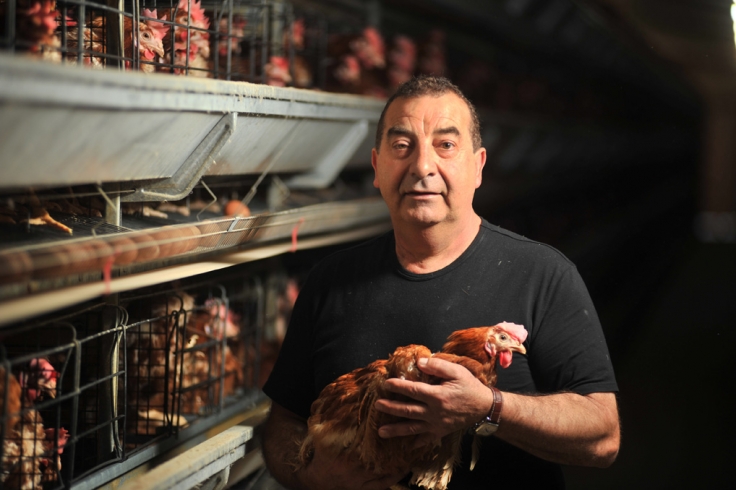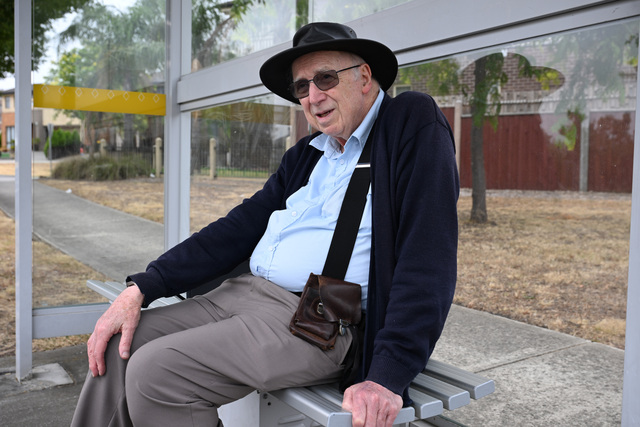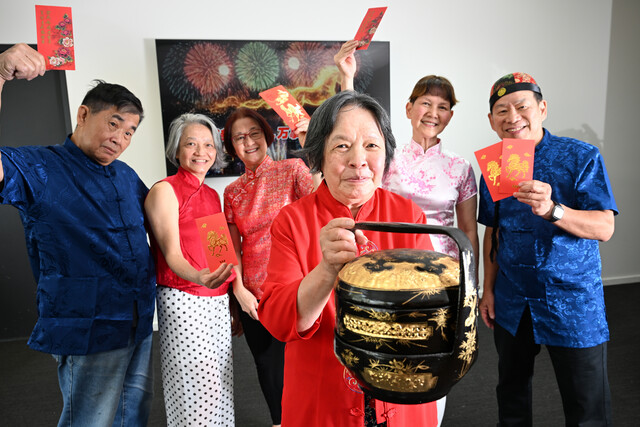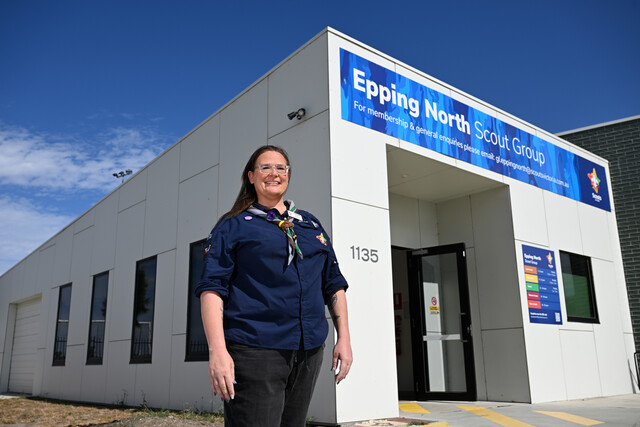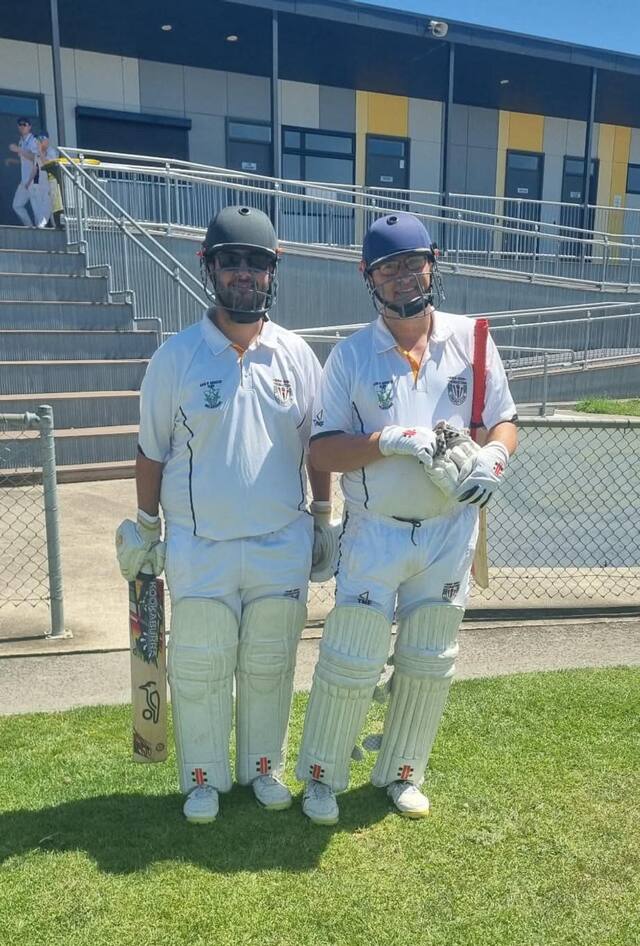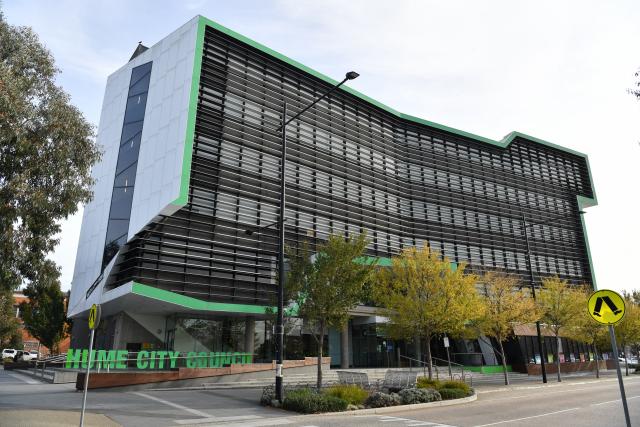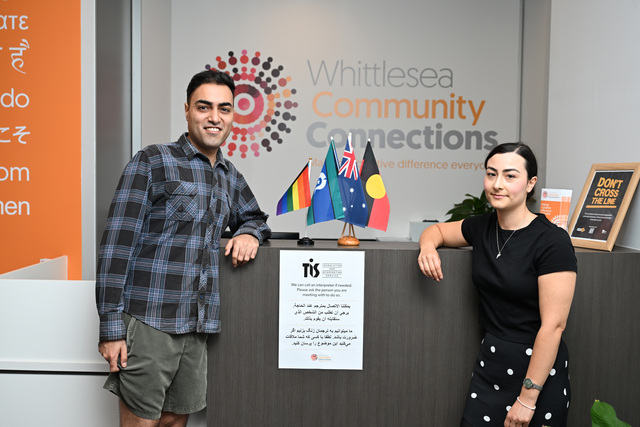A northern suburbs egg producer is spearheading a campaign to educate consumers about the benefits of cage eggs, as debate continues about the need for a free-range egg standard.
Tony Nesci is the Victorian Farmers Federation (VFF) egg group vice-president and the owner of three commercial egg farms.
He has two cage egg farms and one free-range farm in various locations in country Victoria and in Melbourne’s outer northern suburbs.
Last month, Port Phillip council banned South Melbourne Market stallholders from selling cage eggs or products containing cage eggs from December 1.
The move follows Woolworth’s decision to phase out cage-egg products in all its stores by 2018.
The council’s initiative proved the final straw for Mr Nesci, who said it stripped consumers of choice.
“I’m not against free range, but you should have the right to buy a caged egg. We live in a democracy,” he said.
“You can’t deny the average household a cheap, clean source of protein.”
In his role with the VFF, Mr Nesci is in the process of creating an education campaign designed to teach consumers about the cage-egg and free-range egg industries so shoppers can make informed purchases.
The VFF is seeking legal advice to determine cage-egg producers’ rights and options in light of Port Phillip council’s decision.
Mr Nesci said many consumers weren’t aware that free-range hens were often administered with antibiotics to rid them of diseases.
“None of my family eat free-range because the hens eat their own faeces. They’re cannibals, they eat anything that’s dead out there and they’re prone to illness,” he said. “We have to give our free-range birds antibiotics to keep them alive and healthy, so if you’ve got a cold go and buy some free range eggs.”
RSPCA spokeswoman Elise Meakin said cannibalism occurred in all egg production systems.
She said that while hens were being treated with antibiotics their eggs were not sold for human consumption – instead, the eggs were disposed of as waste.
Mr Nesci rejected the RSPCA’s claims, and said that depending on the type of antibiotic, eggs were still used in pasteurised products.

